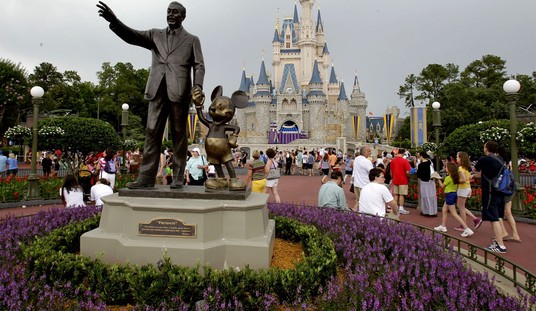Voter fraud is a serious issue. Unfortunately, extremes are driving the debate. On one side are those who foolishly say, “Voter fraud does not exist.” On the other are people who believe Hillary Clinton’s popular vote win in the 2016 election was the result of massive voter fraud.
Voter fraud does exist. There are many news reports of people getting arrested, charged and ultimately convicted of voter fraud. To deny it exists is to deny reality. That said, no evidence exists to prove the claim that voter fraud is a massive country-wide problem that handed Hillary Clinton 3-5 million votes that weren’t legal.
It’s for this reason, President Trump’s voter-fraud Commission is largely a joke. Ask yourself a question: If Trump won the popular vote, would this board exist?
Of course not and anybody that says otherwise is a fool or a liar (or both). Trump’s desire for the voter-fraud commissions rests on his insecurities and the notion of not having won something. There’s a reason he keeps reminding people he won over 300 electoral votes despite the fact the election took place nearly a year ago. A bruised ego and “reports” from charlatans helped to make it happen.
Several weeks after the election, President-Elect Donald Trump tweeted the following:
In addition to winning the Electoral College in a landslide, I won the popular vote if you deduct the millions of people who voted illegally
— Donald J. Trump (@realDonaldTrump) November 27, 2016
I wrote the following day that Trump based his tweet on tweets made by Gregg Phillips, a person associated with True The Vote. He said (in a since-deleted tweet):
Completed analysis of database of 180 million voter registrations. Number of non-citizen votes exceeds 3 million. Consulting legal team.
and
We have verified more than three million votes cast by non-citizens. We are joining .@TrueTheVote to initiate legal action. #unrigged
The two tweets went out on November 11 and November 13, respectively. At the time I asked Phillips how he could make the determination there were three million illegal votes just days after the election. He blocked me on Twitter. In a series of bizarre emails with True The Vote founder Catherine Engelbrecht, she refused to answer questions I had until I revealed to her my “motivation” for what I wrote as if that mattered.
The claims had no basis in fact. Alex Jones and Paul Joseph Watson (who strikes me as a British Otto West) cited Phillips tweet as a “report,” and that is damning enough to show it is bogus. Also, investigations conducted show voter fraud on such a massive scale does not exist. David Graham writes in The Atlantic:
That shouldn’t pose much of a danger to electoral integrity, though. If there were actually millions of ineligible voters casting ballots, it would have been detected before. A painstaking 2007 Department of Justice search failed to turn it up, as have other investigations. (Philip Bump illustrated the physical implausibility of these claims in October, too.) In-person voter fraud is extremely rare, yet voter-ID laws and databases like Interstate Crosscheck continue to focus on rooting it out. But simply matching names tends to turn up false positives. That’s something Kobach encountered in Kansas: After he dramatically announced that there were nearly 2,000 dead voters on state rolls, newspapers starting finding the alleged dead voters alive and well. Similar names often produce false positive results for fraudulent or duplicative registrations.
The commission will likely turn up nothing more than some irregularities with voter registration which is not uncommon. Bureaucracy often gets in the way of cleaning up registration rolls because of deaths, people moving, and other factors. It does not, however, automatically equate to fraudulent votes.
If President Trump wanted to ensure the integrity of our election process, he could start by loudly proclaiming he agrees with the DNI report where the CIA, NSA, and FBI all agreed Russia attempted to interfere in the 2016 election. That they did so to favor Trump is irrelevant. It happened. He could then announce his commission board will seek out ways to help states streamline their processes for updating voter registration rolls. They could also assist in determining best practices for security of voter data to prevent hackers (Russian, Chinese, domestic, etc.) from gaining access to that information.
Naturally, it is a useful move, so it won’t happen. Trump would rather feed the conspiracy theory he lost the popular vote to Hillary Clinton due to fraud.
Should we expect anything less?












Join the conversation as a VIP Member